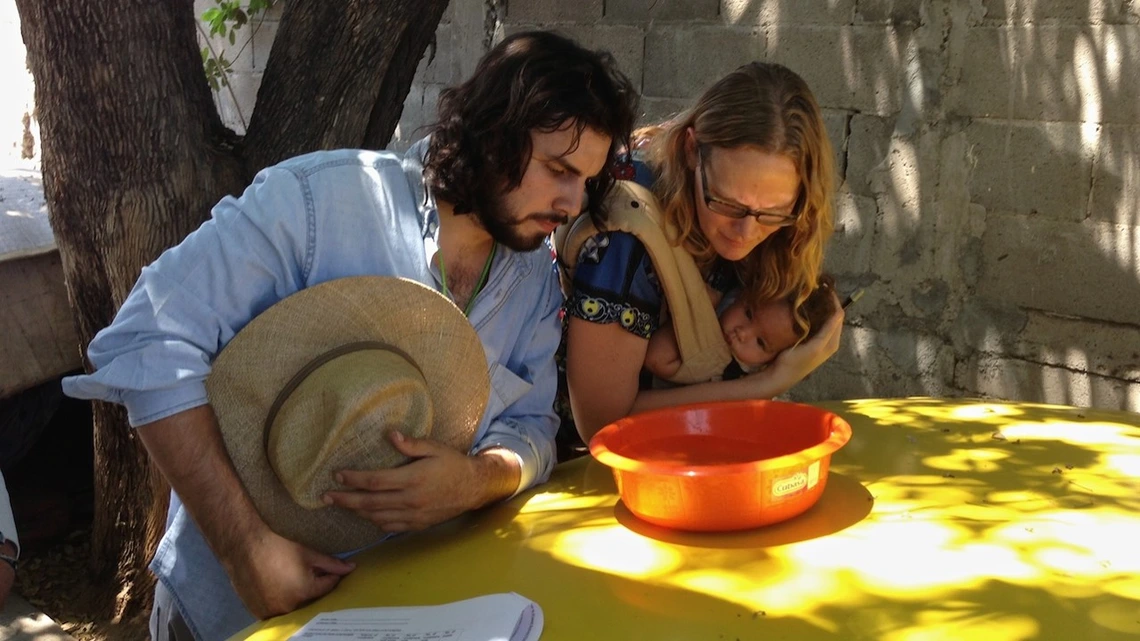
When
Where
Speaker(s)
Aedes aegypti is an invasive mosquito that has become established throughout the urban landscapes in Arizona and Sonora, Mexico. A native of the tropics, the urban landscape facilitates its survival in the arid desert region. We conducted field collections and analyzed mosquito surveillance data to better understand the primary anthropogenic drivers of its abundance in southern Arizona and northern Mexico. Our results will provide a basis for a discussion on water use in the desert environment, how extreme heat mitigation plans may result in higher mosquito abundance, and implications for household and community water management practices.
Kacey Ernst is an infectious disease epidemiologist. Her primary research area is the investigation of how human-environment interactions at multiple spatial scales influence the establishment of disease vectors and transmission of disease. Ernst has a significant interest in working with community members and policy makers to identify integrative strategies to prevent and control their transmission.

